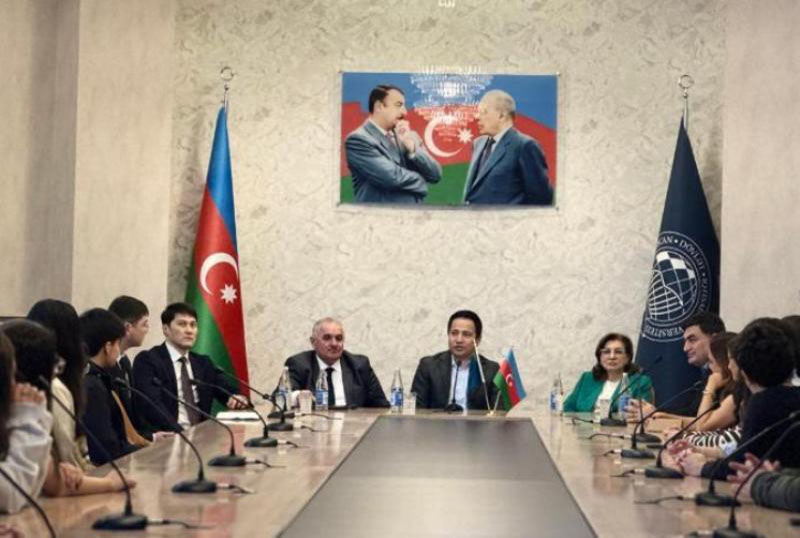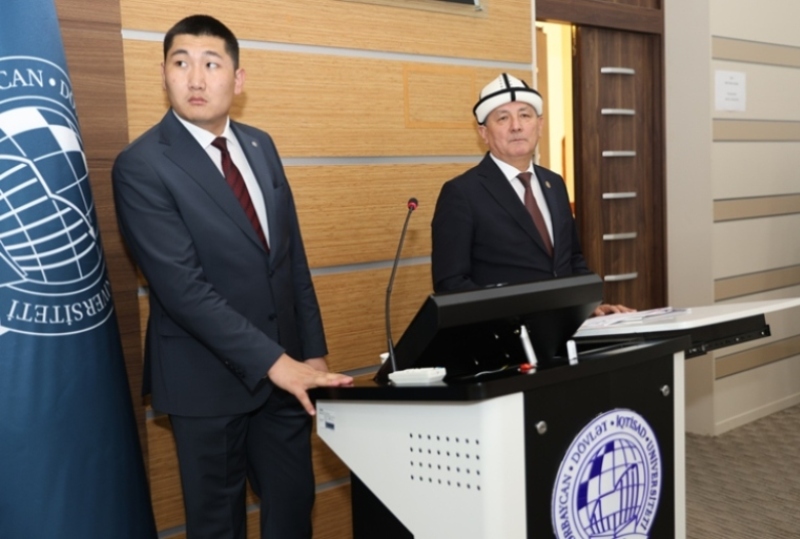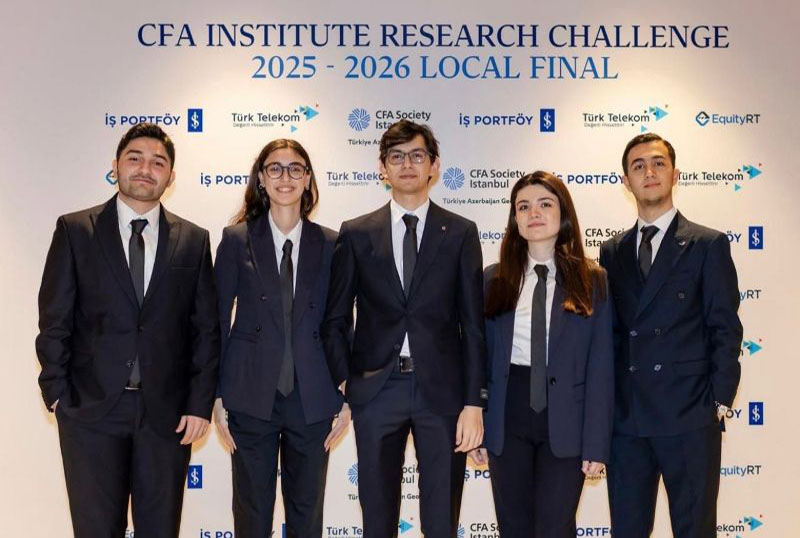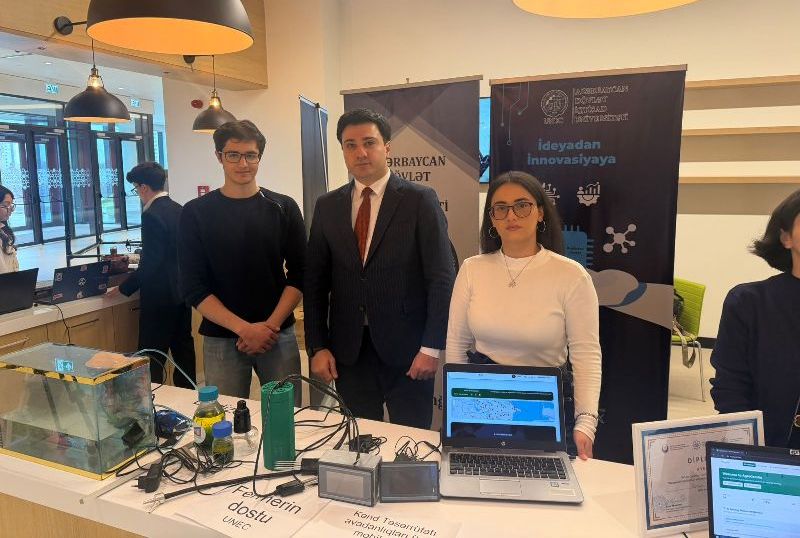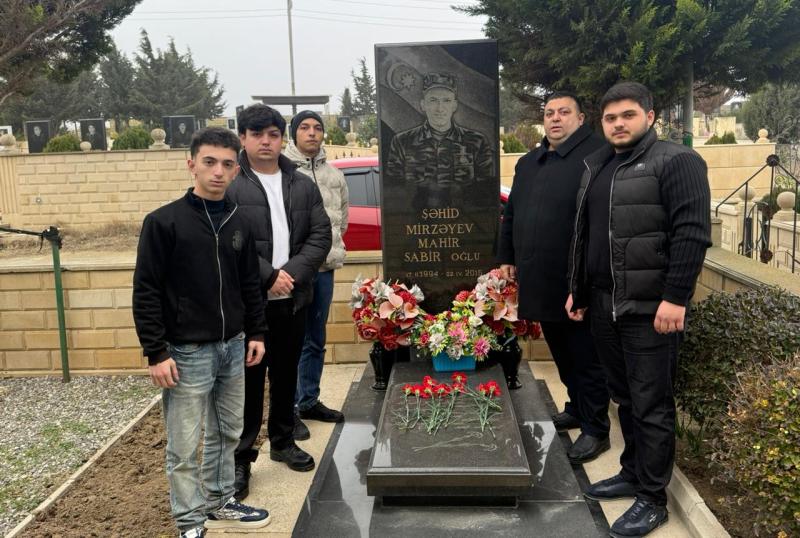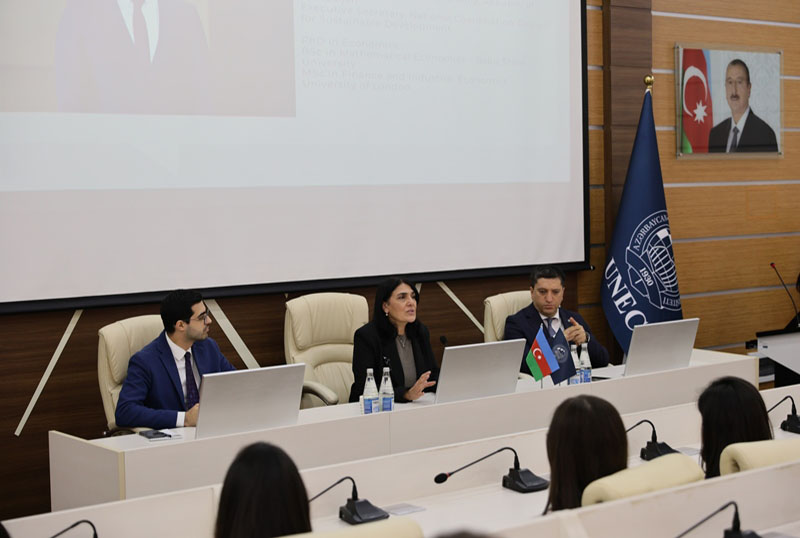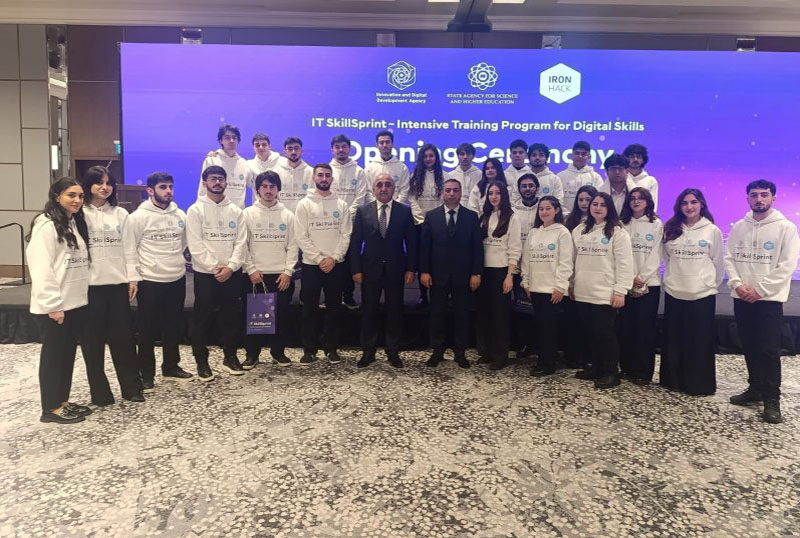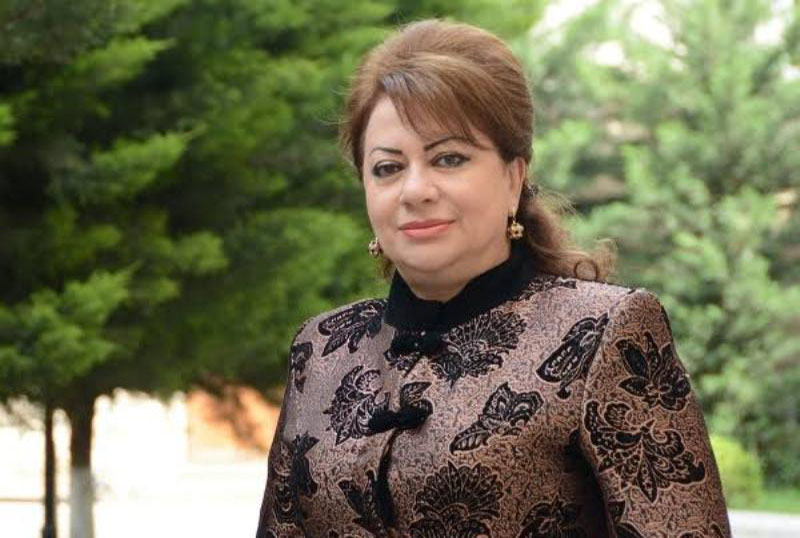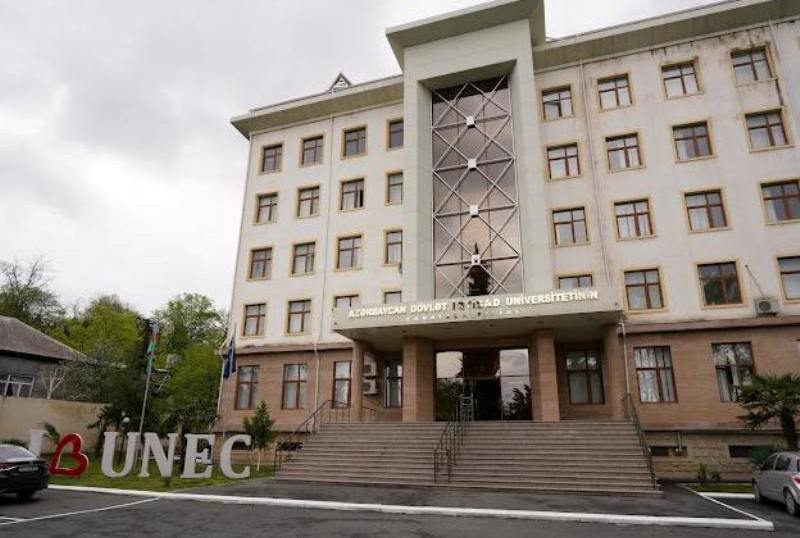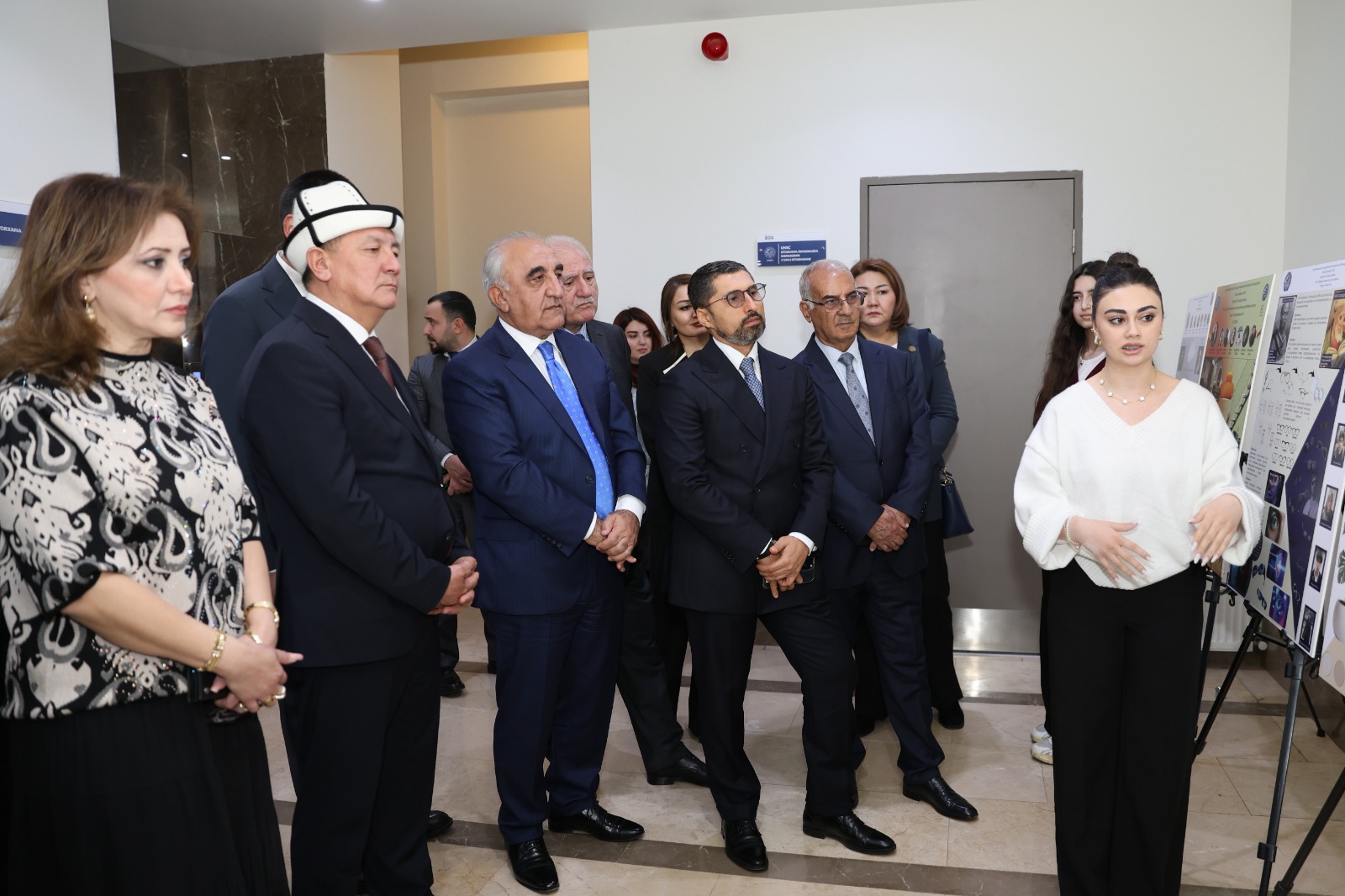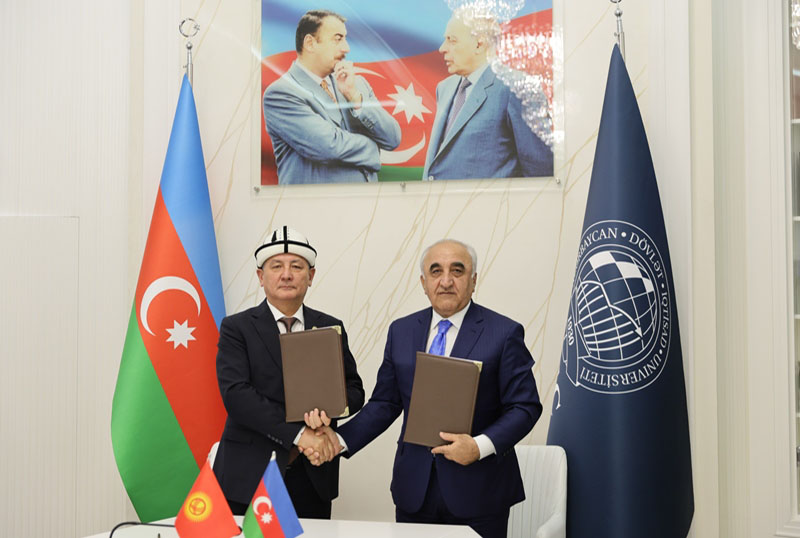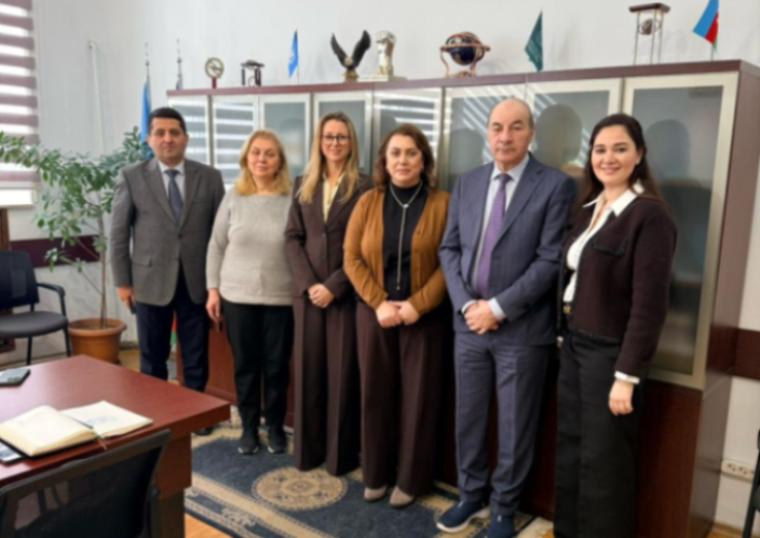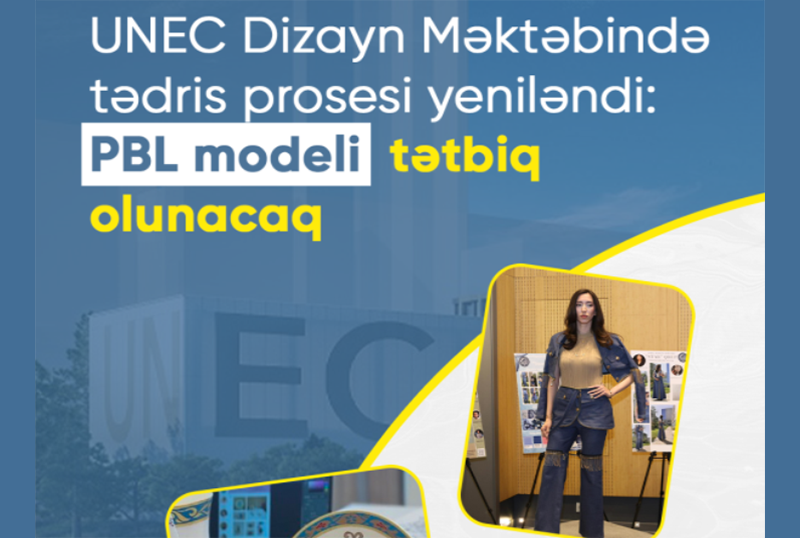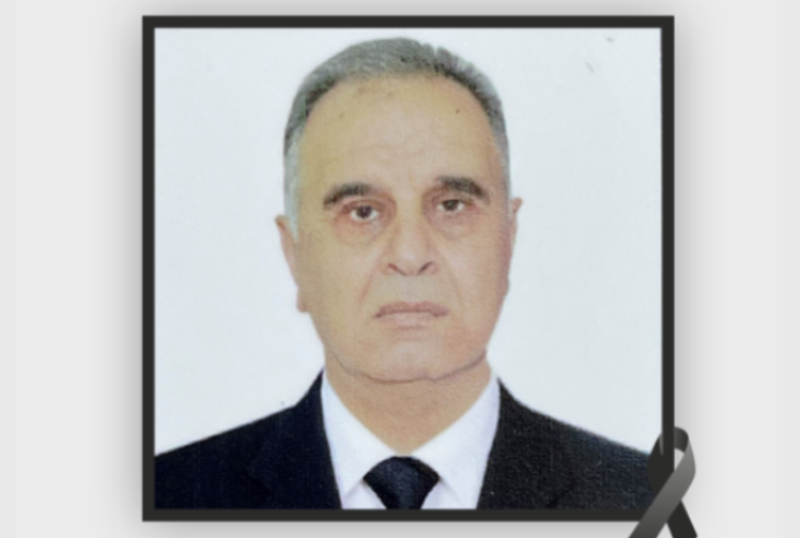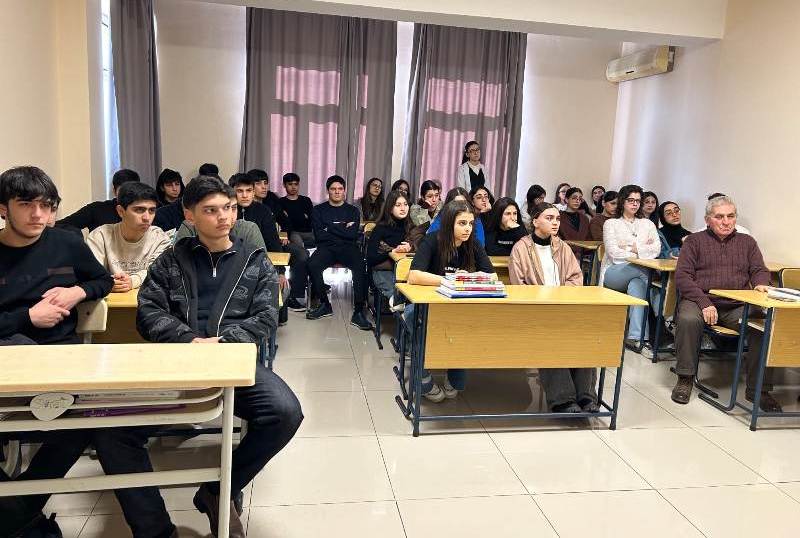At the COP29 climate talks in Baku, Azerbaijan, a significant agreement was reached as wealthy nations committed to providing $300 billion annually to help developing countries address the impacts of climate change.
This financial pledge is one of the largest commitments ever made to support countries most vulnerable to the effects of global warming, such as rising sea levels, extreme weather events, and prolonged droughts.
The announcement came after long hours of negotiation, with ministers and delegates working through the night to finalize the deal. The decision builds on the outcomes of last year’s COP28 in Dubai, but with a much larger financial scope and an enhanced sense of urgency to act.
The $300 billion pledge marks a significant increase from the financial commitments discussed during COP28. Last year, COP28 focused on finalizing the Loss and Damage Fund, a mechanism designed to provide financial support to countries affected by unavoidable climate-related losses, such as those caused by sea-level rise or extreme weather. While the establishment of the fund was hailed as a landmark decision, its operationalization faced challenges, particularly in securing sufficient funding.
At COP28, developed countries also renewed their promise to meet the long-delayed $100 billion annual climate finance target set in 2009. However, many nations criticized this amount as being far too low to meet the growing demands of the climate crisis. The new $300 billion commitment at COP29 represents a dramatic increase in ambition, reflecting the mounting pressure on wealthier countries to take more responsibility for the global crisis.
Another key difference is the emphasis on implementation. While COP28 focused on creating frameworks, COP29 prioritized actionable outcomes, such as clear timelines for fund disbursement, accountability measures, and equitable distribution to ensure that the money reaches the most vulnerable communities.
Why This Decision Matters
Developing countries have been asking for more financial help from wealthier nations for years. They need funds to reduce greenhouse gas emissions and adapt to the changing climate. This pledge also supports the Loss and Damage Fund, which was created last year to help countries recover from climate disasters that can’t be avoided.
The $300 billion commitment is a significant step forward. It shows that rich countries are starting to take responsibility for the damage caused by climate change, much of which affects poorer nations that contribute little to global emissions.
As a COP29 volunteer, being part of this historic moment was exciting and hopeful. Watching leaders finally agree on such a big financial promise felt like real progress. It was inspiring to see the determination in the room as negotiators worked to find solutions.
At the same time, I couldn’t ignore the concerns shared by activists and organizations on the ground. Many of them said they had seen similar promises made before but not fulfilled. It made me wonder: will this time be different?
Despite the ambitious pledge, significant challenges remain. One of the biggest issues is ensuring that the funds are distributed equitably and transparently. In the past, financial aid has often been delayed or misallocated, leaving the most vulnerable communities without the support they need.
Another challenge is the scale of the climate crisis itself. While $300 billion is a substantial amount, it may still fall short of what is required. Reports indicate that the cost of addressing climate change in developing countries could exceed $1 trillion annually by 2030. This means that wealthier nations will need to continue increasing their commitments in the coming years.
To build on the momentum from COP29, countries must focus on creating robust accountability frameworks to ensure the funds are used effectively. Stakeholders, including local governments, indigenous communities, and youth activists, must be involved in decision-making processes to ensure that funds address real needs.
Additionally, developed countries must work together to simplify the process for accessing climate finance. Many vulnerable nations have reported difficulties in navigating complex funding mechanisms, delaying critical projects.
This pledge gives hope,but hope alone won’t stop climate change. It’s time to turn promises into actions that make a real difference for our planet.
Ilyasli Pari UNEC, International School of Economics (ISE) - 1035


